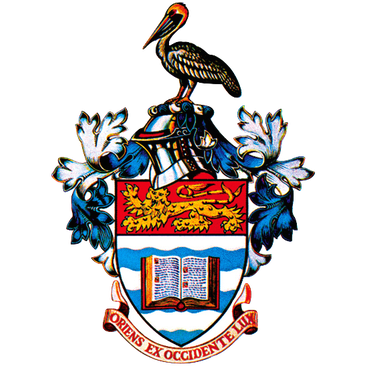📖Program Curriculum
For the coursework component (ANAT4017) students are required to attend lectures and participate in practicals, tutorials and themed discussion group meetings in neuroanatomy, neurophysiology, and applied clinical neuroscience.
The coursework component consists of five courses:
Advanced Neuroanatomy
Advanced Neurophysiology
Applied Clinical Neuroscience
Multidisciplinary discussion group meetings
A chosen elective
BRIEF DESCRIPTION OF THE COURSES
Advanced Neuroanatomy
The aim of this course is to provide students with a detailed knowledge of neuroanatomy. The course is presented in a modular format. There are four modules of one week each (Monday to Friday). Three modules cover the morphological anatomy of the brain and spinal cord. Neurohistology and neuroembryology are covered in the fourth and final module of the course.
Advanced Neurophysiology
This is an advanced course on applied neurophysiology. The course is presented in 4 modules. Detailed principles of nerve transmission, muscle physiology and the autonomic
nervous system are covered in the first module. Afferent and efferent spinal tracts as well as pain are covered in the second module. Cranial nerves, motor pathways and the basal ganglia are lectured in the third module and association cortices, memory, learning, mood and language in the fourth.
Applied Clinical Neuroscience
The applied clinical neuroscience course is a series of lectures delivered by psychiatrists, neurologists and physicians on the neuroscience of psychiatric, neurological and sleep disorders. Lectures are delivered throughout the.
Multidisciplinary Discussion Group Meetings
During these group meetings, current neuroscience research is discussed and critiqued. A research article relevant to the topic, is circulated at least 2 weeks prior to the meeting and the meeting is facilitated by an expert in the field. Topics include evolutionary neuroscience, concussion in sport, psychedelic neuroscience and mental health.
During the discussion, students are evaluated on the following criteria:
Preparation and knowledge of the literature circulated
Participation in the discussion group
Ability to apply knowledge of neuroscience to clinical scenarios
Electives
Students have the choice of one of the following electives:
Molecular Biology Techniques Course
Machine Learning
Qualitative Research Methods
Health Psychology
Cognitive Neuroscience
Psychological Assessment
BRIEF DESCRIPTION OF THE RESEARCH ESSAY
The research component (ANAT4018) consists of a-long research project. A key outcome to this component will be the completion of a neuroscience research project in any one of the following fields; neuroanatomy, neurophysiology, molecular neurobiology, neuropsychology, neuropsychiatry, neurology and artificial intelligence.
Candidates select from a list of available research projects. Under the guidance of their project supervisor(s), candidates write and present a research proposal, conduct the experiment, analyse the data and present the results.
Show less








